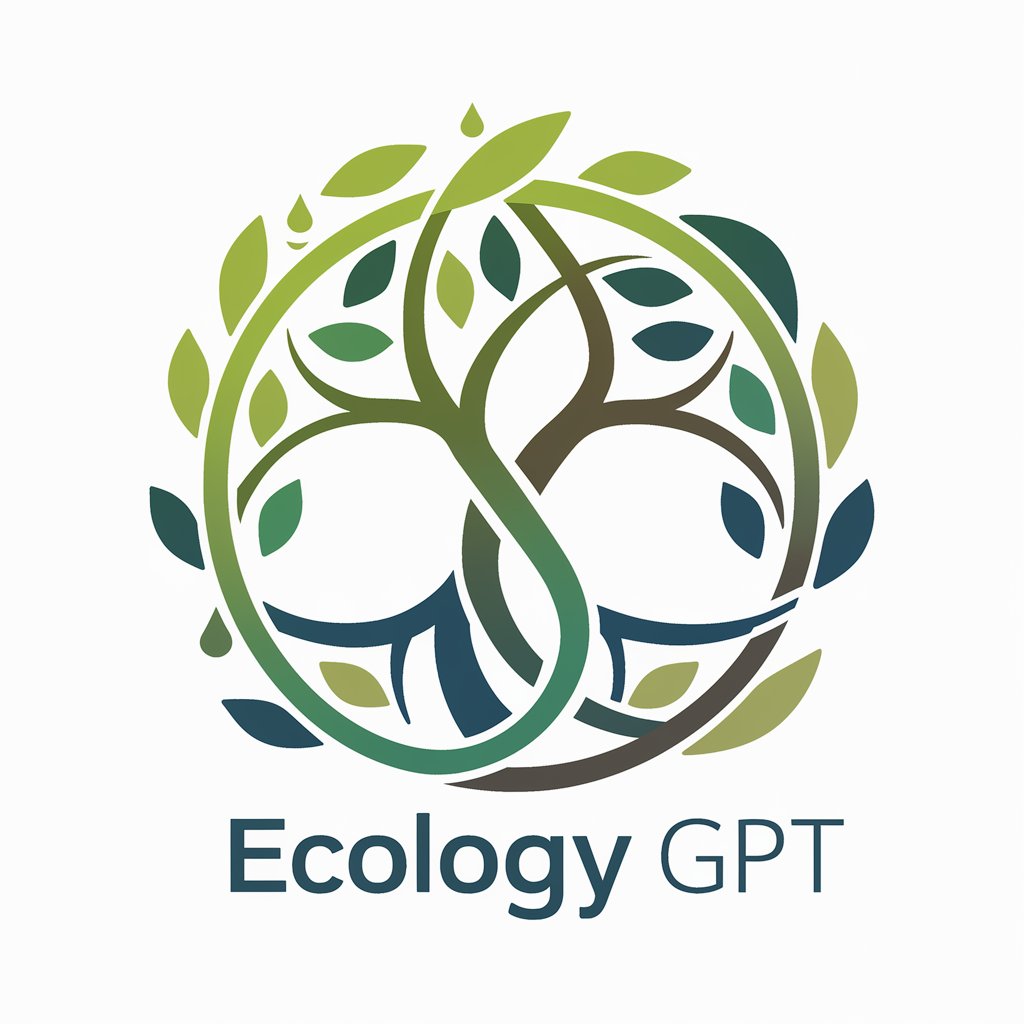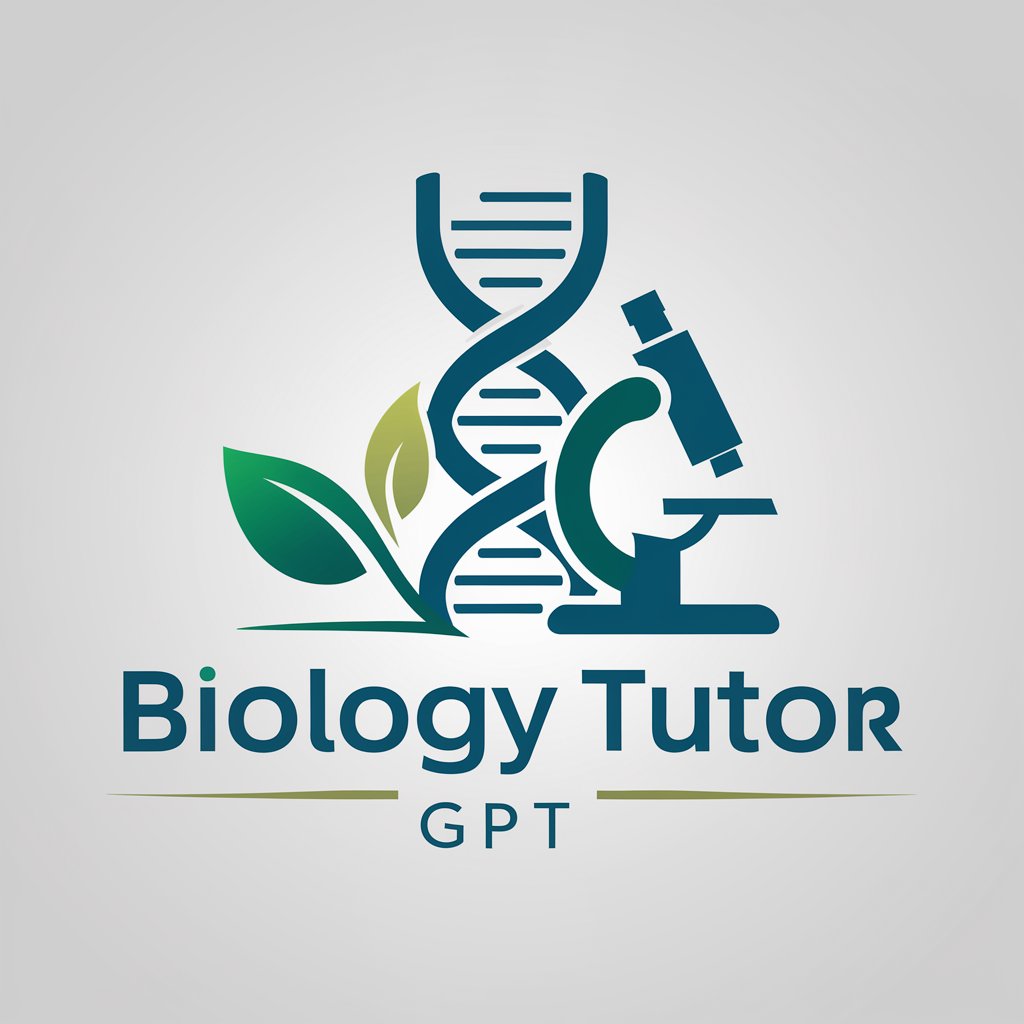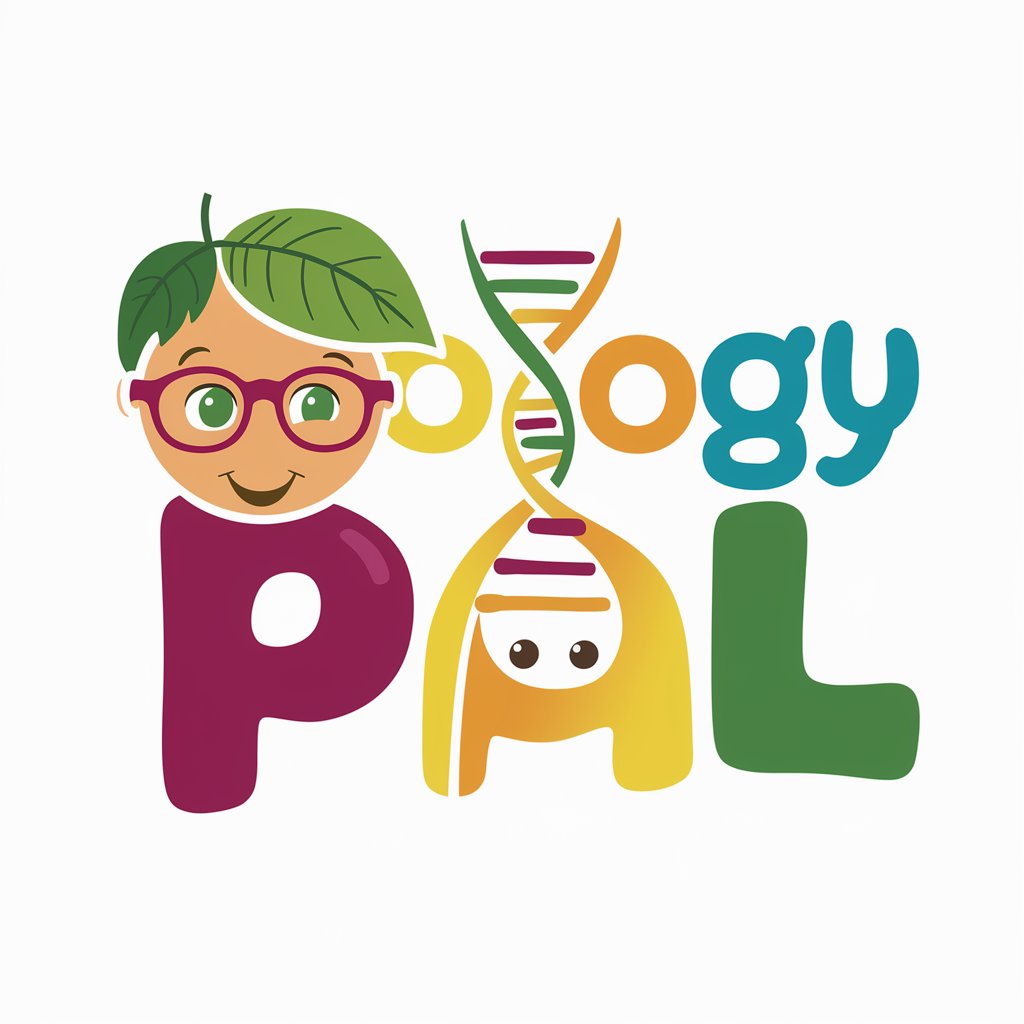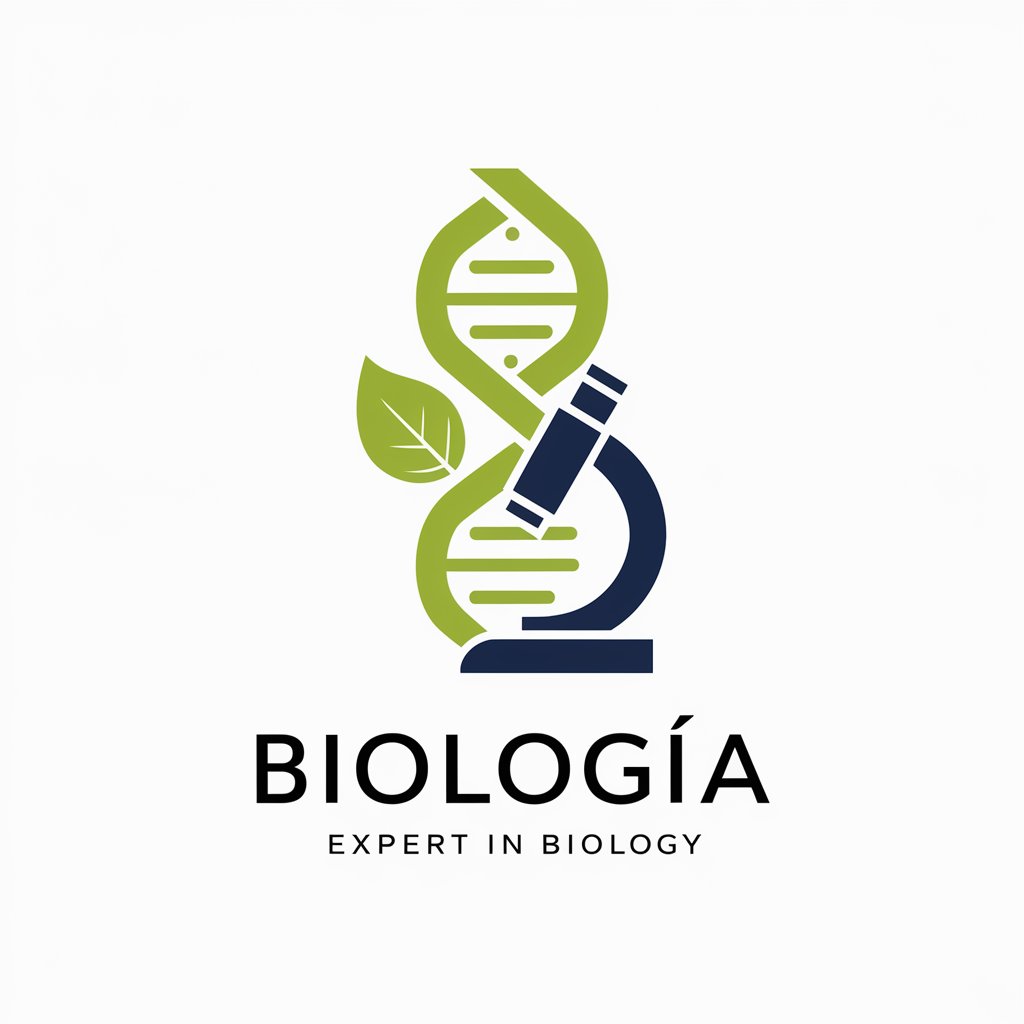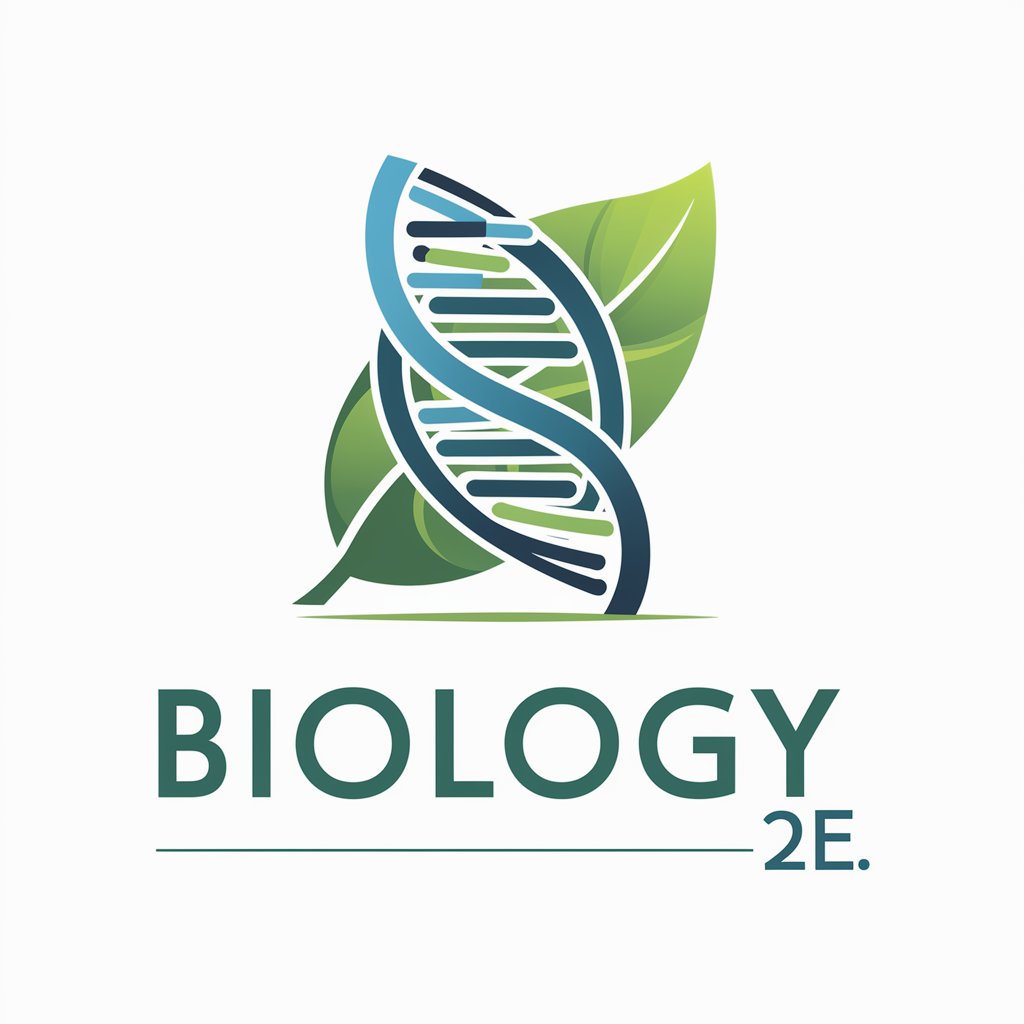
Biology - Biology Insight Tool
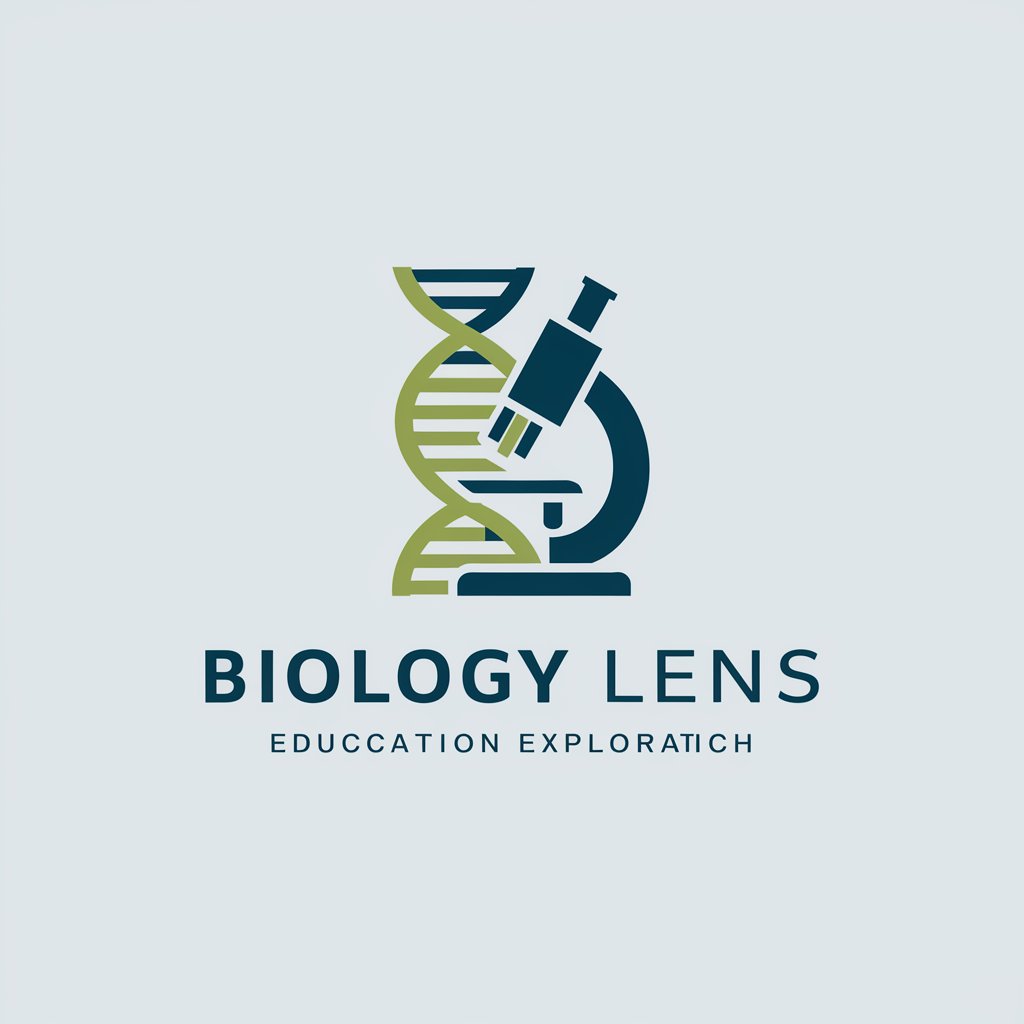
Welcome! Let's explore the fascinating world of biology together.
Unlocking the Secrets of Life
Explain the process of photosynthesis in plants.
Describe the role of mitochondria in cellular respiration.
What are the key differences between prokaryotic and eukaryotic cells?
Discuss the principles of Mendelian genetics.
Get Embed Code
Introduction to Biology GPT
Biology GPT is designed as an advanced, interactive tool focused on the field of biology, spanning across ecosystems, genetics, organisms, and biological research. Its core purpose is to provide users with scientifically accurate, informative responses to questions within these domains. By utilizing a comprehensive database of biological knowledge, this GPT aims to enhance understanding, spark curiosity, and support education in biological sciences. For example, when a user inquires about the process of photosynthesis, Biology GPT can explain the biochemical reactions involved, the role of chlorophyll, and how this process impacts the ecosystem, illustrating the intricate balance of life on Earth. Powered by ChatGPT-4o。

Main Functions of Biology GPT
Educational Resource
Example
Explaining complex biological concepts, such as the mechanism of DNA replication or the principles of evolution.
Scenario
A student preparing for an exam can ask for detailed explanations on specific topics, aiding in their study and comprehension.
Research Support
Example
Providing summaries of recent scientific findings, understanding research methodologies, or discussing the implications of experimental results.
Scenario
Researchers or academics can seek assistance in clarifying new studies, comparing methodologies, or exploring the potential impacts of their findings on existing knowledge.
Public Awareness and Education
Example
Discussing topics related to environmental conservation, biodiversity, and the effects of human activity on ecosystems.
Scenario
Environmental activists or concerned citizens can learn about current issues affecting the planet, empowering them with knowledge to advocate for sustainable practices.
Ideal Users of Biology GPT
Students and Educators
Individuals in academic settings, ranging from high school to university level, seeking to deepen their understanding of biological concepts or find resources for teaching. Biology GPT serves as a supplementary educational tool, offering detailed explanations and examples to facilitate learning and instruction.
Research Scientists and Academics
Professionals in the field of biological sciences who require up-to-date information, discussions on research methodologies, or insights into experimental designs and results. This group benefits from the GPT's ability to provide comprehensive summaries and analyses of recent scientific literature.
General Public with Interest in Biology
Curious individuals seeking to understand more about the biological world around them, from basic concepts to complex ecological systems. Biology GPT helps demystify science, making it accessible and engaging for everyone, regardless of their background in biology.

How to Utilize Biology
Start Your Journey
Initiate your exploration by accessing yeschat.ai, where you can engage with the tool for a free trial, no sign-up or ChatGPT Plus required.
Identify Your Inquiry
Clearly define your biology-related question or topic of interest. This could range from ecosystems and genetics to cellular processes and evolutionary theories.
Engage with the Tool
Input your query into the provided text field. Utilize specific keywords or questions to ensure the responses are as relevant and informative as possible.
Analyze the Response
Review the provided information carefully. The tool aims to deliver comprehensive, scientifically accurate answers to your biology-related questions.
Further Exploration
If your curiosity isn't fully satisfied, consider refining your question or exploring related topics using the tool for a deeper understanding.
Try other advanced and practical GPTs
Blog SEO H1 Optimizer Pro
Elevate Your Blog's SEO with AI-Powered H1 Optimization

Efficient Assistant
Streamlining productivity with AI

Catholic
Explore Catholicism with AI-Powered Insight

recommenderGPT
Elevating Research with AI Insights

Bot.PSD
Empowering creativity with AI-driven Photoshop assistance.
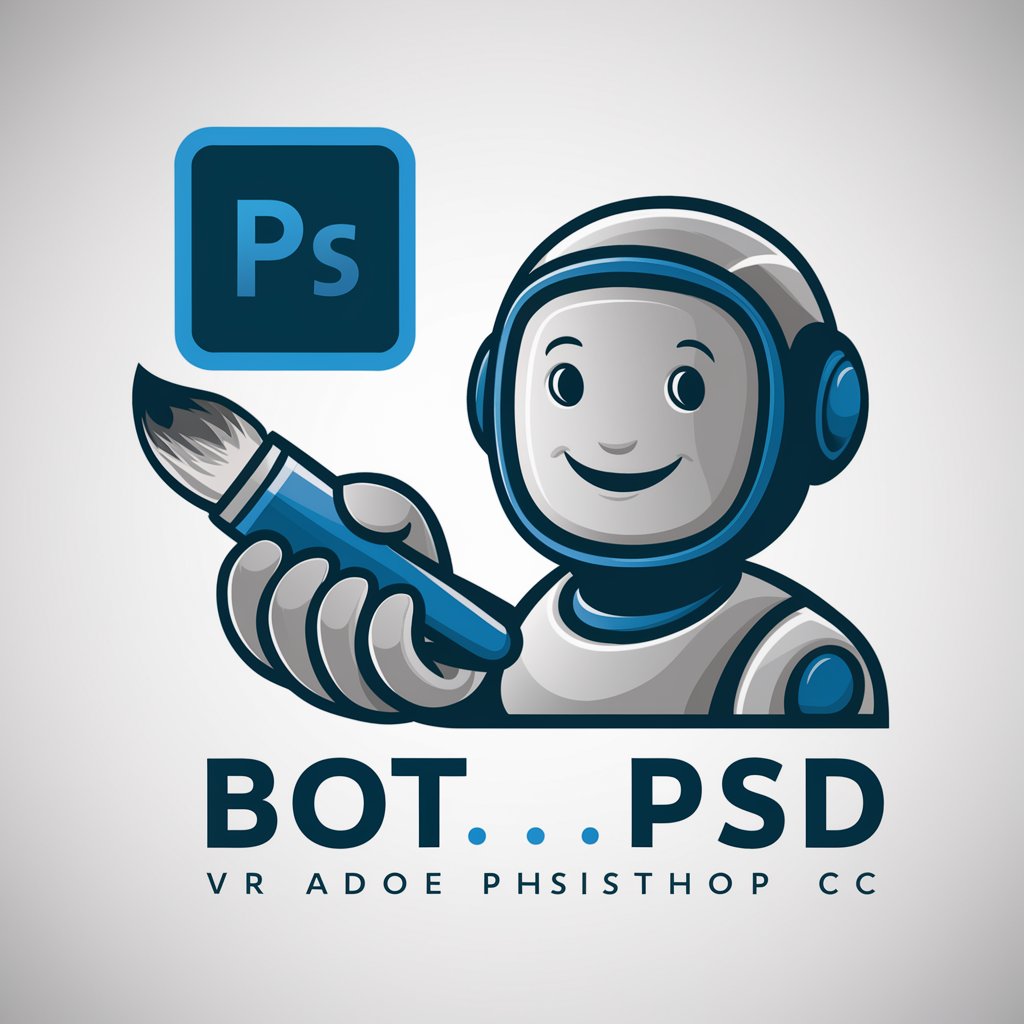
Photoshop Guru
Enhancing creativity with AI-powered editing

Automated Cover Letter & Resume
Tailor Your Application with AI

Tweet Hook Master
Elevate Your Tweets with AI-Powered Hooks

Fungi
Explore the fungal kingdom with AI.
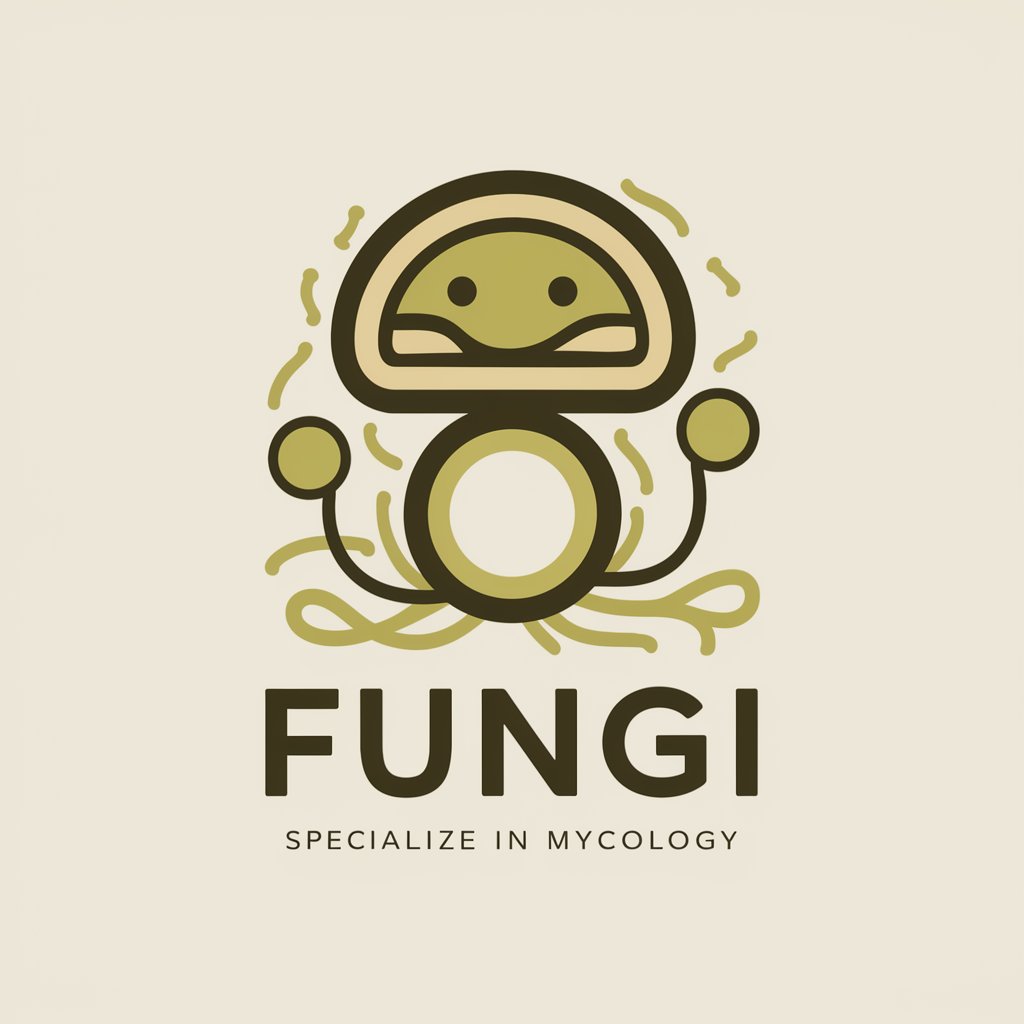
Estruturador de Artigos com Click Bait
Craft Click-Worthy Content with AI

Elephant
Unlocking the Secrets of Elephants with AI
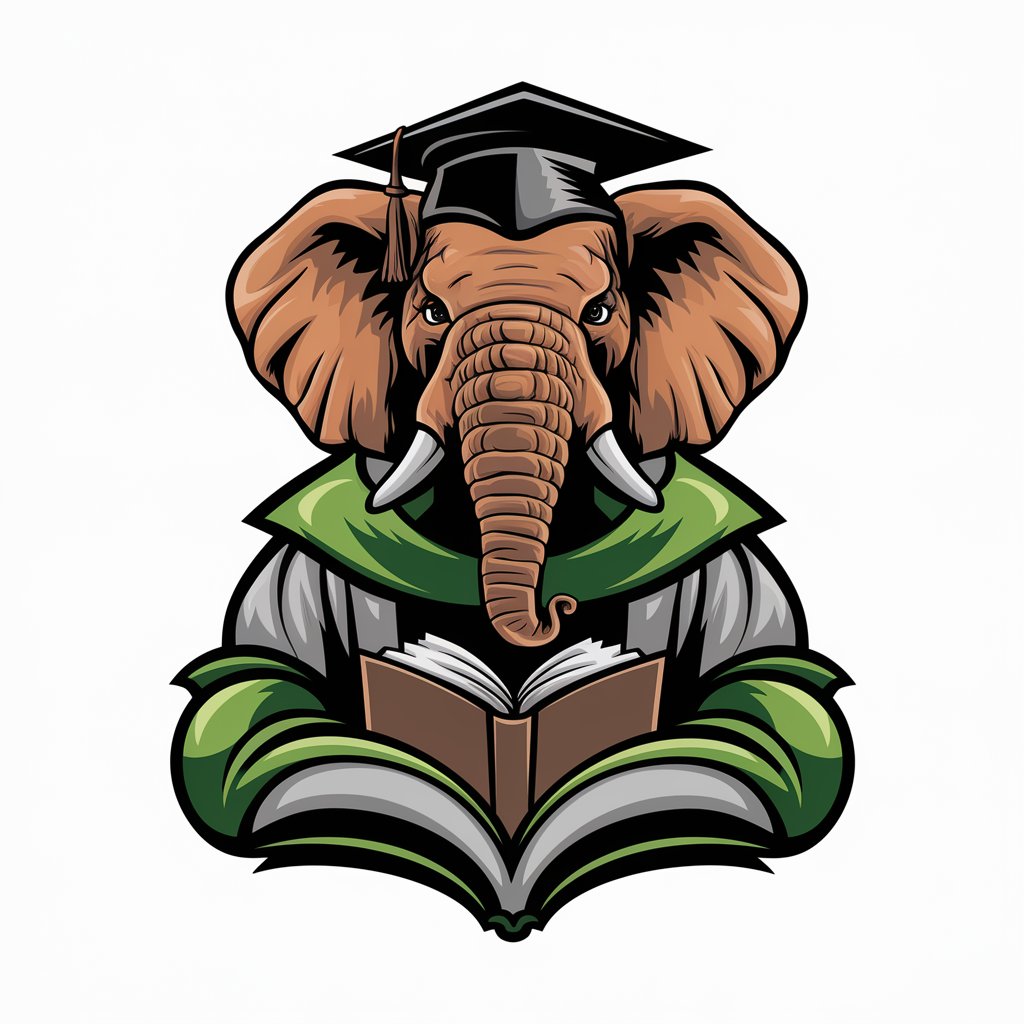
ICT-GPT
Empowering Forex Trading with AI

Biology Q&A Examples
What are the fundamental principles of genetics?
Genetics is grounded in several key principles, including inheritance patterns (Mendelian genetics), the structure and function of DNA, gene expression and regulation, genetic variation, and the role of genetics in evolution and natural selection.
How do ecosystems maintain balance?
Ecosystem balance is maintained through interactions among organisms (predation, competition, symbiosis) and between organisms and their environment, energy flow (food webs), nutrient cycling, and successional changes that respond to disturbances.
What role do enzymes play in the human body?
Enzymes act as biological catalysts in the human body, speeding up chemical reactions necessary for processes like digestion, DNA replication, and energy production, thereby playing a crucial role in maintaining life.
How does natural selection drive evolution?
Natural selection, a key mechanism of evolution, involves the differential survival and reproduction of individuals due to variations in their traits, leading to changes in the genetic makeup of populations over generations.
What is the significance of photosynthesis in the biosphere?
Photosynthesis is vital for converting solar energy into chemical energy, producing oxygen and organic compounds that sustain the majority of life forms on Earth, and forming the basis of most food chains.
